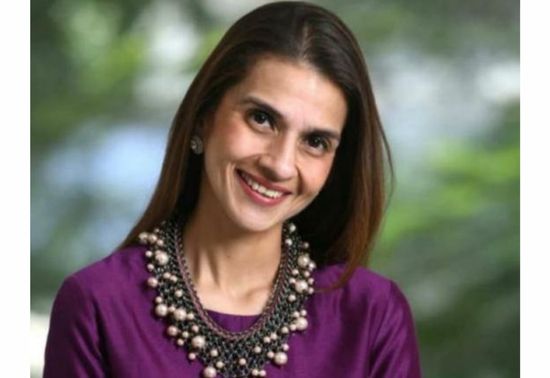The Voices of the Youth Must Be Amplified For Improving Educational Policies


The pandemic has emphatically emphasized what many have been saying for decades now. The youth act as those important agents of change for the development goals of a country. One look at the number of awareness campaigns, support groups, and drives that were led by them during Covid and the evidence which bears its roots in history highlights that they are key cogs in the wheel of fortune.
Yet from an expanding 1.4 billion population in this country, the voice of nearly half this population (46.9% under the age of 25) is often not heard. The potential of the voice is powerful in many ways, and its promise is discussed in conferences and media, yet young people (aged 15 to 25) are rarely given a seat at the table when significant measures affecting them are decided and implemented.
And we are all too familiar with the famous words, “If you are not at the table, you are on the menu.” This statement suggests without a doubt that unless this voice is channelized, the subsequent decisions are often made that leave the ones impacted vulnerable. Correcting those “errors” is where the problem really is. Because it takes many decades to course correct, and by then you have a generation that has lost out on valuable opportunities.
There have been discussions on a recent FB live panel discussion by the Pirojsha Godrej Foundation about allowing this voice to be heard, and in my opinion, we simply have to create enough platforms at various levels to nurture youth participation and engage with them. It’s top down, bottom up whatever you like to term, but it requires civil society organisations, funders, the community at large including schools and universities, and governments to work towards this inclusion.
We must be mindful that in order to allow youth to become leaders who take responsibility, they must be skilled and nurtured, for their influencing force must become a positive one that thinks of the society at large.
What are some of the initiatives that stakeholders can take?
Engaging with youth and giving a platform to their voices is about starting in a focused manner through different mediums and initiatives. It is a collective movement where the media can help to create more awareness about issues that young people face and make the community reflect on what they are saying. These collaborations will provide solutions on how to mobilise youth in a manner that leaves them without regret and lowers the possibility of missing out on opportunities in the crucial years ahead.
Fatema Agarkar, Founder of Agarkar Centre of Excellence, was named one of the top 50 young educators in the world by Education World in 2014. Fatema collaborates with Gitika to create more opportunities for stakeholders in the education space who are passionate about teacher training, special needs, and sports, having gained tremendous experience as a result of managing schools with which she has been associated.
She recently moderated a Pirojsha Godrej Foundation Facebook live panel discussion on the topic of 'Preparing Our Youth for a Sustainable Tomorrow.' The session focused on several issues that today's youth face and that must be addressed in order to prepare them to make critical decisions for the future of the planet and people. It also emphasised the importance of respecting youth's opinions and giving them the proverbial "seat at the table" when it came to making educational decisions.